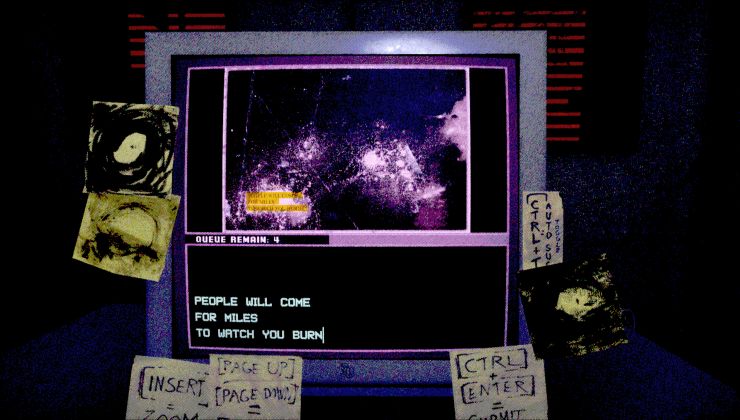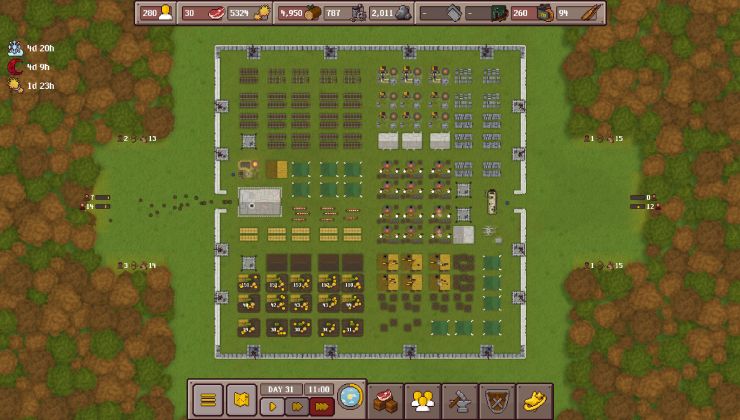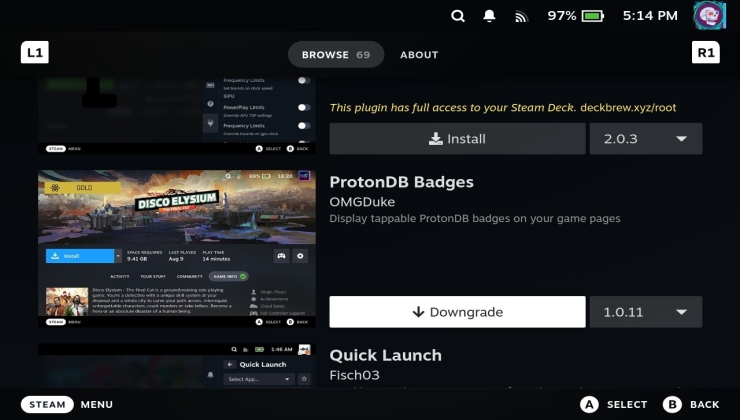Linus Torvalds has announced the release of the Linux kernel 6.4 and with it, lots and lots of new features and fixes.
From the release announcement: "Most of the stuff in my mailbox the last week has been about upcoming things for 6.5, and I already have 15 pull requests pending. I appreciate all you proactive people. But that's for tomorrow. Today we're all busy build-testing the newest kernel release, and checking that it's all good. Right?"
Looking over it here's some brief highlights:
- Better Steam Deck support.
- Qanba controller support (treated as Xbox controllers).
- Apple Silicon improvements for M2.
- Logitech Unifying Receiver improvements.
- Logitech G935 support.
- WiFi 7 bring-up improvements.
- Lots of fixes for the EXT4 filesystem and performance improvements.
- NTFS filesystem improvements.
- Intel Lunar Lake audio support.
- Support for the Turtle Beach REACT-R and Recon Xbox controllers.
- A new driver for the Yoga Tablet Mode switch.
You can see the full entire changelog here. Plus as usual Phoronix has covered plenty individually.
Is there anything specific from Linux kernel 6.4 you're looking forward to? Let me know in the comments.
Some you may have missed, popular articles from the last month:
All posts need to follow our rules. For users logged in: please hit the Report Flag icon on any post that breaks the rules or contains illegal / harmful content. Guest readers can email us for any issues.
Last time I tried I still had issues with kernels 6.2 and 6.3 on my desktop, it seems to boot but X doesn't start/the screen is "glitchy".
But 6.1 works fine. And on my laptop 6.3 is doing well (same distro).
I might give a try on 6.4...
But 6.1 works fine. And on my laptop 6.3 is doing well (same distro).
I might give a try on 6.4...
0 Likes
I got on that this morning before bed. Indeed, some new stuff to say "n" to :-)
I haven't used it yet in 6.4 and don't have cause to, but I've noticed that ntfs3 driver in kernel is getting good. That's the one donated by Paragon, the commercial NTFS driver for MacOS (also reverse engineered). When it was first ported it had some bugs that took a while to get fixed. Not serious for me, but NTFS is a scary FS. It's been my rule that if I EVER write to an NTFS filesystem from Linux, I run chkdsk on that volume as soon as its connected to Windows again. The old ro driver was dangerous for writes (it was OK if you didn't change the length of files, for example, blanking a password hash in a Windows SAM registry database) and while NTFS-3g is much better and generally regarded as safe, I still used to find inconsistencies (not really errors) on running chkdsk. I also like the simplicity of just having to modprobe a driver. (I don't like maintaining things like ntfs-3g and Samba for SMB, which is also in my kernel now)
Anyway, I'm no longer afraid to connect a Windows hard drive and write to it and put it back. I wouldn't have done that with a customer's hard drive (other than the password blanking usually with a boot disk on the system), but now I have more confidence. The Windows chkdsk doesn't complain at all lately.
P.S. I mean to say, everything I need to interoperate with Windows is in kernel now (well, some small utilities that don't change much, to use those features)
Last edited by Grogan on 26 Jun 2023 at 6:43 pm UTC
I haven't used it yet in 6.4 and don't have cause to, but I've noticed that ntfs3 driver in kernel is getting good. That's the one donated by Paragon, the commercial NTFS driver for MacOS (also reverse engineered). When it was first ported it had some bugs that took a while to get fixed. Not serious for me, but NTFS is a scary FS. It's been my rule that if I EVER write to an NTFS filesystem from Linux, I run chkdsk on that volume as soon as its connected to Windows again. The old ro driver was dangerous for writes (it was OK if you didn't change the length of files, for example, blanking a password hash in a Windows SAM registry database) and while NTFS-3g is much better and generally regarded as safe, I still used to find inconsistencies (not really errors) on running chkdsk. I also like the simplicity of just having to modprobe a driver. (I don't like maintaining things like ntfs-3g and Samba for SMB, which is also in my kernel now)
Anyway, I'm no longer afraid to connect a Windows hard drive and write to it and put it back. I wouldn't have done that with a customer's hard drive (other than the password blanking usually with a boot disk on the system), but now I have more confidence. The Windows chkdsk doesn't complain at all lately.
P.S. I mean to say, everything I need to interoperate with Windows is in kernel now (well, some small utilities that don't change much, to use those features)
Last edited by Grogan on 26 Jun 2023 at 6:43 pm UTC
3 Likes, Who?
Kernel 6.4.0 ought to be enough for anybody.
6 Likes, Who?






 How to set up Decky Loader on Steam Deck / SteamOS for easy plugins
How to set up Decky Loader on Steam Deck / SteamOS for easy plugins
See more from me